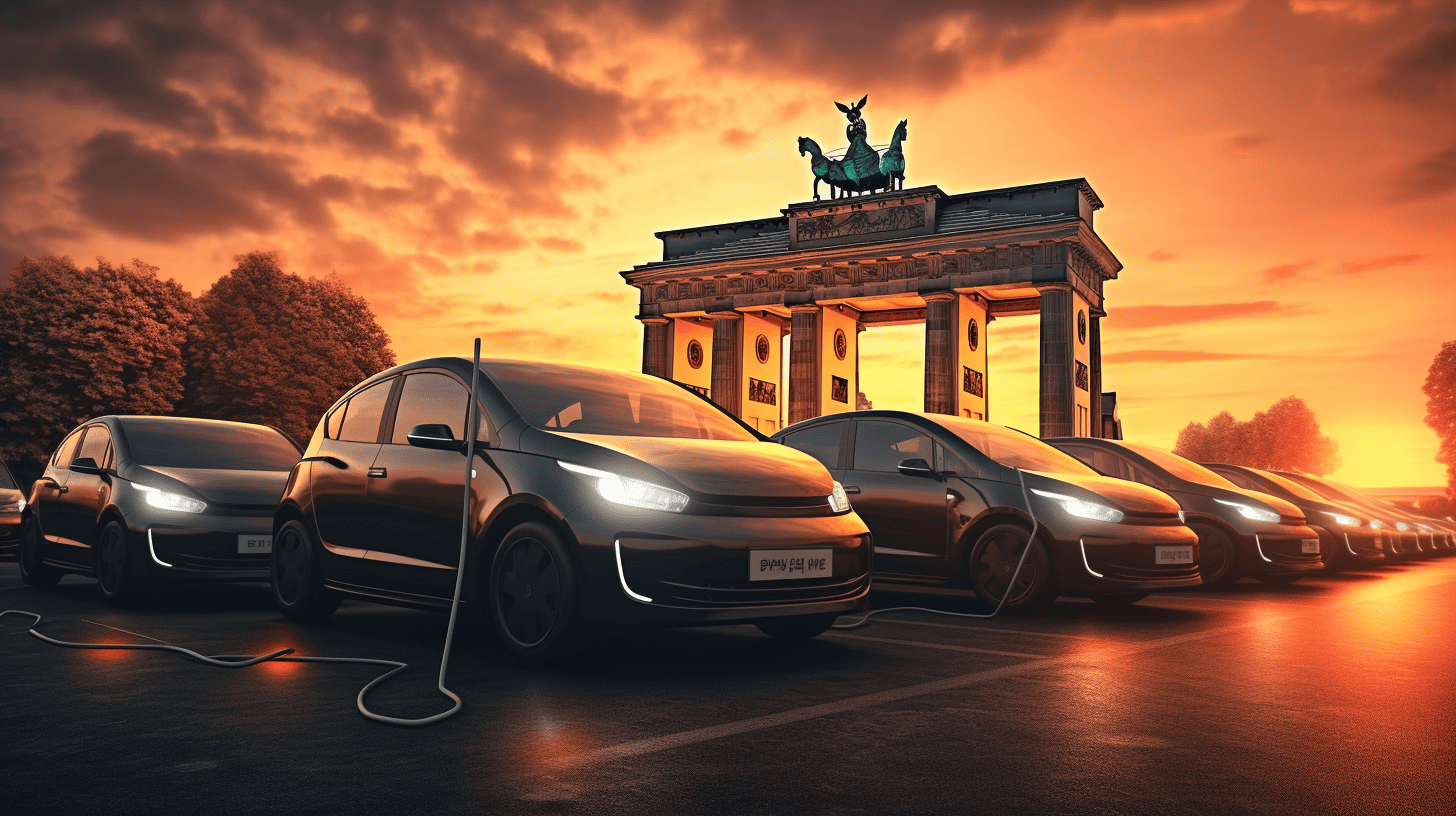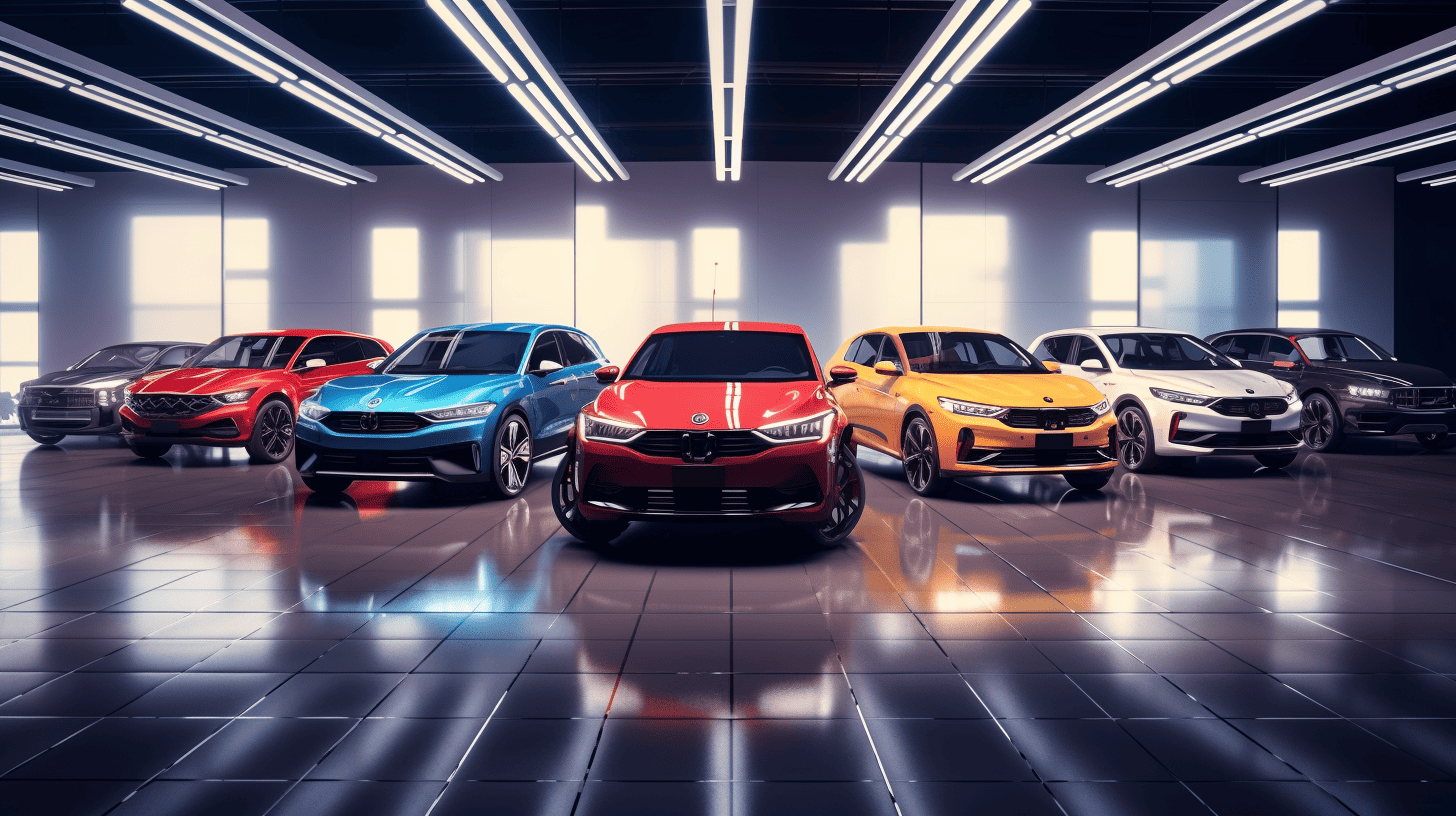
VW brand manager Thomas Schäfer’s incendiary speech to many managers is currently making the rounds on social media. The content: Schäfer is very worried about the electric vehicle business because once the backlog of the last months is cleared, sales will drop dramatically because new orders have reached a low point.
Shifts are already being canceled at certain plants, and Wolfsburg’s first MEB electric vehicle, the ID.3, is having a particularly hard time. This started in China. At first, it looked as if sales would be extremely weak there only. The countermeasure was a drastic price reduction o almost half the price i.e., the equivalent of around 16,000 euros. In the meantime, however, the OEMs there have also reacted and lowered their prices.
German market shows signs of weakness
But the German market is also apparently weakening in the future. The reason? Up to now, the rental market and fleet registrations have been the main drivers of electromobility. They were happy to take advantage of the government’s environmental bonuses. However, these will expire in Germany in September, which explains why registrations are currently booming.
Market researcher Dataforce reckons that sales will then plummet, especially as a survey from June 2023 showed that the share of private buyers had made a below-average contribution to the brilliant monthly result.
Private market is effectively non-existent
This also coincides with findings from Mobility Sweden – where it had already been observed since the beginning of 2023 that the private market had more or less collapsed.
Why is that? The early adopters are through. For them, and especially homeowners with PV systems and wall boxes in the garage, the partial switch to electromobility was worthwhile. Partly because a high proportion of early buyers purchased the electric car as a second car for the “urban jungle”.
Price/performance are currently more at risk than ever – especially when the government environmental bonuses expire and the subsidy pot is empty. The meager ranges of even the most expensive electric vehicles are hardly convincing, especially for the average consumer. Most of them don’t have access to a wall box and would therefore have to use expensive public charging points. Expensive because the German energy policy has resulted in the highest electricity prices in Europe. Many people don’t want to do that to themselves. In addition, the option of using Chinese or foreign brands, with the exception of Tesla, is still largely ignored.
Germans are simply brand loyal. But even the Chinese newcomers have not yet reacted to the changed general economic situation. They dared to enter the market (NIO, MG, and Zeekr) with self-confident prices, in the firm belief that the wealthy German would swallow the toad.
Far from it. In the meantime, the economic situation has deteriorated to such an extent that the desire to buy high-priced goods is suffering more and more. “The traffic lights”, with their errant and less-than-professional economic policies, have ensured that uncertainties have grown ever greater. And in uncertain times, buyers become cautious.
Is this the end of the electromobility boom?
At least for the time being. The second half of the year will bring certainty, then, when new orders remain far below the OEMs’ forecasts and the first electric cars will be on the back burner.
Supply and demand
What will happen then? Since we are in a market economy, supply and demand will regulate prices. In other words, a significant price drop will set in. Bad for the German OEMs, who don’t make much margin on electric cars anyway. Good for the Chinese, who could now buy the market.
One, however, will remain completely unimpressed: Tesla. The Americans are currently on a run that can hardly be stopped because the price/performance ratio will continue to bring the competition to its knees. And right now, the allegedly fully developed Model 2 is circulating on social media…







